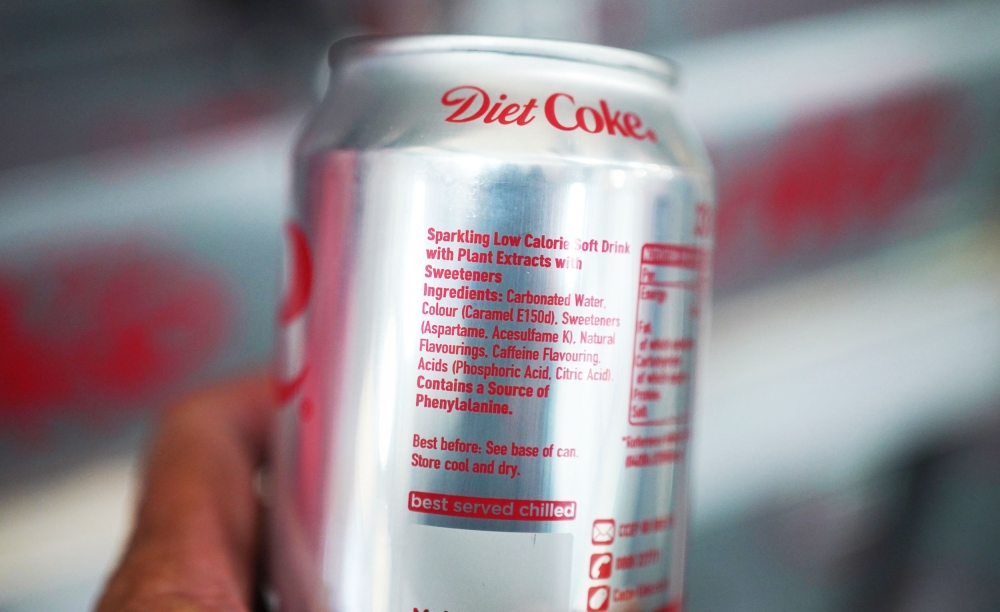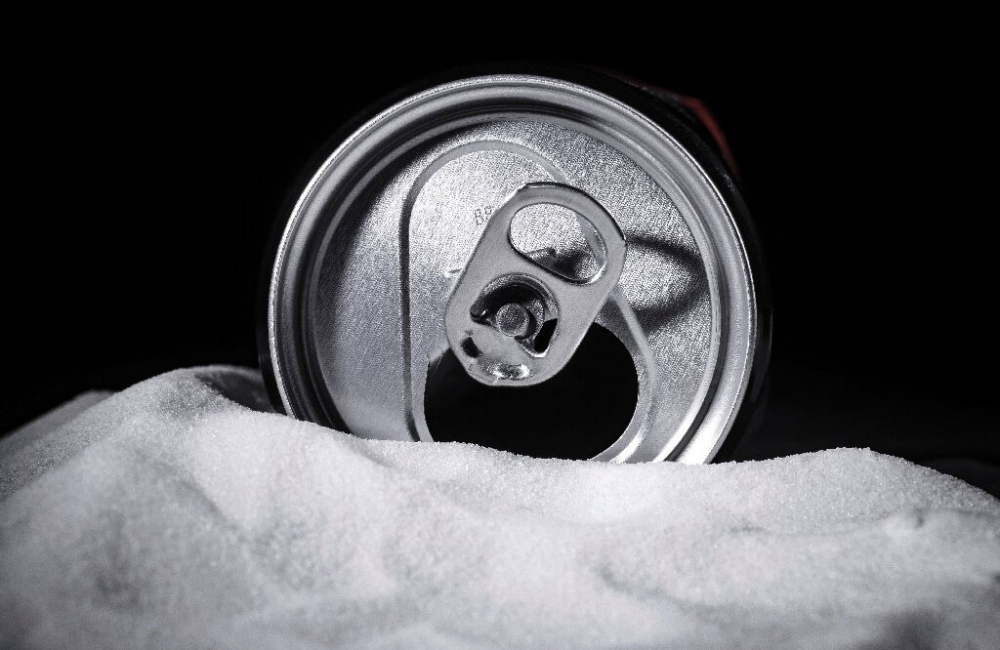

New research suggests that relying on non-sugar sweeteners (NSS) for long-term weight control may not be a wise choice for maintaining good health and preventing lifestyle diseases.
Despite being considered a suitable alternative to sugar, NSS usage can potentially lead to adverse effects, including an increased risk of type 2 diabetes, cardiovascular diseases, and even mortality in adults. To stay healthy and ward off these conditions, individuals are advised to explore other ways of reducing sugar intake, such as consuming naturally occurring sugars in fruits or opting for unsweetened food and beverages.
The World Health Organization (WHO) advises not to use non-sugar sweeteners for weight control in its newly released guideline which recommends against the use of NSS to control body weight or reduce the risk of noncommunicable diseases (NCDs).
The recommendation is based on the findings of a systematic review of the available evidence which suggests that use of NSS does not confer any long-term benefit in reducing body fat in adults or children.
“Replacing free sugars with NSS does not help in the long-term. People need to consider other ways to reduce free sugars intake, such as consuming food with naturally occurring sugars, like fruit, or unsweetened food and beverages,” says Francesco Branca, WHO Director for Nutrition and Food Safety. “NSS are not essential dietary factors and have no nutritional value. People should reduce the sweetness of the diet altogether, starting early in life, to improve their health.”
The world over, non-sugar sweeteners have been developed as an alternative to sugars and are widely used both as an ingredient in pre-packaged foods and beverages and added to food and beverages directly by the consumer. Individual non-sugar sweeteners undergo toxicological assessment by the Joint FAO/WHO Expert Committee on Food Additives (JECFA) and other authoritative bodies to establish safe levels of intake such as acceptable daily intake or ADI.
While results of randomised controlled trials have generally suggested non-sugar sweeteners may have little impact on glucose metabolism and result in lower body weight when coupled with energy restriction in the short-term, there is no clear consensus on whether non-sugar sweeteners are effective for long-term weight loss or maintenance, or if they are linked to other long-term health effects at intakes within the ADI. This systematic review brings together the most current scientific evidence on health effects of non-sugar sweetener use.
The recommendation applies to all people except individuals with pre-existing diabetes and includes all synthetic and naturally occurring or modified non-nutritive sweeteners that are not classified as sugars found in manufactured foods and beverages, or sold on their own to be added to foods and beverages by consumers. Common NSS include acesulfame K, aspartame, advantame, cyclamates, neotame, saccharin, sucralose, stevia and stevia derivatives.
However, the recommendation does not apply to personal care and hygiene products containing NSS, such as toothpaste, skin cream, and medications, or to low-calorie sugars and sugar alcohols such as polyols, which are sugars or sugar derivatives containing calories and are therefore not considered NSS.
The WHO guideline on NSS is part of a suite of existing and forthcoming guidelines on healthy diets that aim to establish lifelong healthy eating habits, improve dietary quality and decrease the risk of NCDs worldwide.
Dr Dilip Singhvi, Specialist, Internal Medicine at Shifa Hospital, recommended no to use NSS as a substitute for sweeteners and to avoid both for a healthy and enjoyable life, in view of the WHO call.
“The important point to understand is that for long-term weight management and for chronic health conditions such as the development of type 2 diabetes and cardiovascular disease, in future, the use of NSS is not advisable as this artificial sweeteners are mostly used for reducing weight and reducing the risk for diabetes and other NCDs.
“Neither do NSS help much in lowering the weight, nor do they reduce the incidence of NCDs, in fact there is an increase in risk of developing heart disease and diabetes, both in children and in adults,” he adds.
Mini Padikkal, Clinical Dietician at NMC, says “The dangers of non-sugar sweeteners include several digestive issues, increased blood sugar levels, increased blood pressure and a higher risk of cancer. There are many adverse effects on those with pre-existing mood disorders and these artificial sweeteners have an effect on immune systems and its consumption over a period of time can be really dangerous to one’s own health.”
Also, the recommendation has been assessed as conditional, following WHO processes for developing guidelines. This signals that policy decisions based on this recommendation may require substantive discussion in specific country contexts, linked for example to the extent of consumption in different age groups.
Oman Observer is now on the WhatsApp channel. Click here




